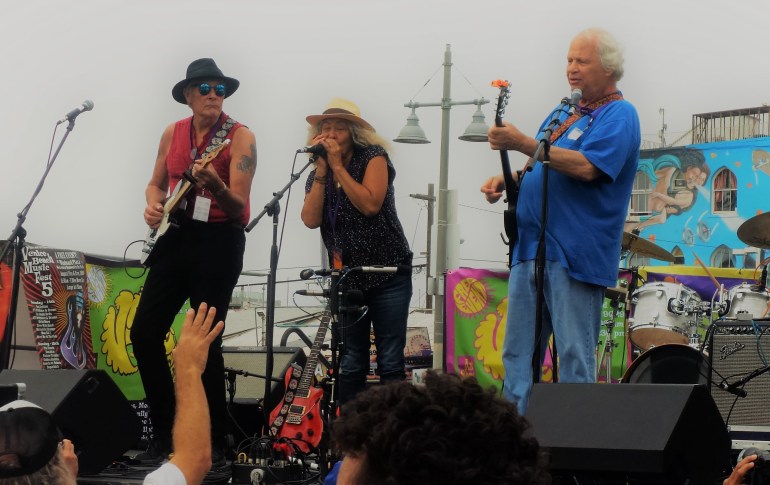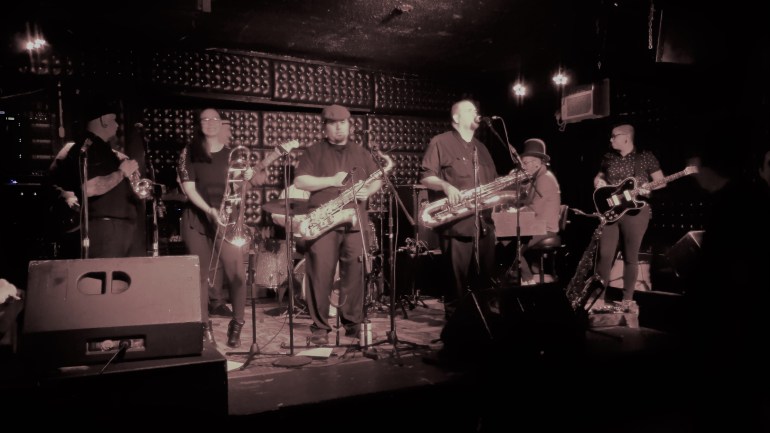
Last week I went to see Gary Numan at the Observatory in San Diego, the same stage where I saw Father John Misty earlier this summer. Both were a bit loud and theatrical and used spotlights a lot, but other than that they could not have been more different.
First of all let me say I’m not a rock historian, if such a thing is possible, not even a rock journalist, or even a journalist. I’m just an old white guy who knows what he likes and, sometimes, as in this case, worries why he likes it. (For the record, I was born the same year as Janis Joplin, Mick Jagger, Keith Richards, Jim Morrison, and Joni Mitchell, and a few months after Jimi Hendrix. On the other hand I was listening to the Cure when my daughter, living with me so she could get in trouble out of sight of her mother, was learning the Beatles before graduating and embarking on a Deadhead tour.)
However, here’s what I know, or think I know, or pretend to think I know: after the 60s ended (with Altamont and the Manson murders and the end of the Vietnam war) music changed. Music always changes anyway (I remember when Calypso was more popular than the new thing, rock and roll), and I don’t want to get sociological about it, but there was stadium rock (irrelevant), punk, and what I like to call robot music, overly synthesized, overly stylized, etc. Mind you I liked this stuff, still do–Depeche Mode, Tears for Fears, Devo, Talking Heads. I used to say to my friends, “robots are our children” (given recent spin by the Bladerunner films and Battlestar Galactica). I liked saying that, despite the fact that it’s clearly true, if we disregard speciesism. Devo was tongue in cheek (“are we not men?”), Talking Heads told stories, albeit a little off-kilter (“this is not my beautiful wife”), and who could resist “Everybody Wants to Rule the World,” however uneasy one might feel about the lyrics.
Gary Numan, and Brian Eno to a certain extent (though his project was different) carried this whole thing a bit further. Gary Numan is the poster person for robot music. Listening to him is like looking at a Klimt painting or watching synchronized swimming: if there’s anything human left it’s only because it couldn’t all be removed.
Now, Numan’s show at the Observatory. For one thing his light show, compared to Father John Misty’s, was brutal, throbbing strobes, a lot less nuance. My health at the time, the middle of a sick week, might have colored my perception, but I think not. And his stage presence, writhing on stage like a sylph (I thought that at the time, and would have written it down if pencils were allowed in the venue), was also less nuanced. Misty’s songs tell stories; if Numan’s do it’s hard to tell in the shouting, and his singing style seems designed to emulate a pre-Alexa computer voice. Maybe that’s a good thing, to keep you from mistaking him for a human.
Despite all this I liked the show; I liked him in the 70s or 80s, whenever he was around the first time, and I liked the show at the Observatory enough to stay around through the encore. But I missed real music, like Father John Misty, or, frankly, anyone else I’ve heard in this my year of concert going.









